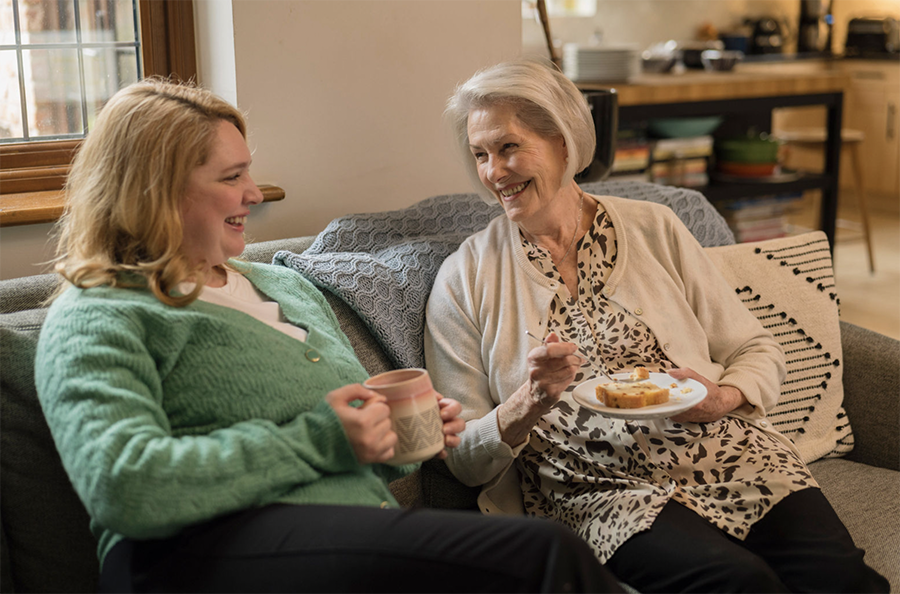Lilli, a care technology specialist, has assisted Medway Council to support hundreds of people to live safely in their own homes for longer, avoiding care homes and higher needs care settings.
Medway Council’s adult social care team adopted Lilli to support with evidence-based care assessments and reablement packages. In approximately one year, the council has saved and reallocated over £1.6 million of its care budget, amid a rising demand for care.
Lilli works by discreetly monitoring a person’s daily routine to build a clear picture of someone’s level of independence. Without any cameras, cords, or microphones, Lilli uses AI and tiny sensors placed around the home to track the environment and everyday behaviours, like moving around, eating, sleeping, using the bathroom, and home temperature.
The technology learns what is normal for each person. If it detects anything unusual, it promptly alerts carers or family members. This helps ensure that people remain safe and can stay living independently at home for longer, with the right package of care for their needs.
Cllr Teresa Murray, Deputy Leader of Medway Council, said: “The data from Lilli has been essential in helping us to transform how we deliver care, and become more proactive in our approach. In some cases, the data has shown us that an individual is no longer able to live alone so a move to residential care is needed, however, in a lot of cases it has given much-needed reassurance to families that their loved ones are safe to stay in their homes and communities, which is where they want to be.
“As well as the benefit this technology has on finances and resources, it’s the social impact that’s key – the support and reassurance for family members and unpaid carers and ability to promote more independent living.”
Lilli says that the programme – led by Kyndi, the council’s assistive technology delivery partner – supports each of the government’s three big NHS reform shifts: from hospital to community, analogue to digital, and sickness to prevention.
The digital solution has supported elderly people and adults with learning disabilities to get quicker assessments and health interventions, leading to better care outcomes and less crisis events. For example, Lilli can help carers clearly ‘fill in the gaps’ between visits and spot signs of a UTI; decreased mobility, eating, or hydration; homes that are too cold; or if someone is wandering at night.
Clare Burgess, CEO of Kyndi, added: “We have delivered everyone a positive impact who has had Lilli installed whether it’s proving that they need care or can stay at home with a different type of support.
“As we grow the programme, we won’t just see more of a financial benefit but more social impact within Medway as people are more connected to their communities. This really makes a difference to people’s lives.”
The post Council saves £1.6m by deploying assistive care tech and helps address rising demand appeared first on AT Today – Assistive Technology.

